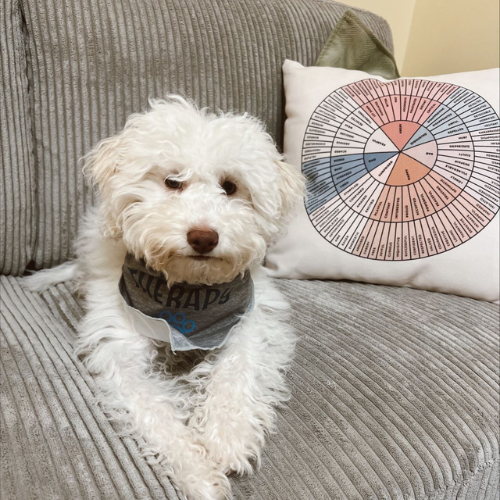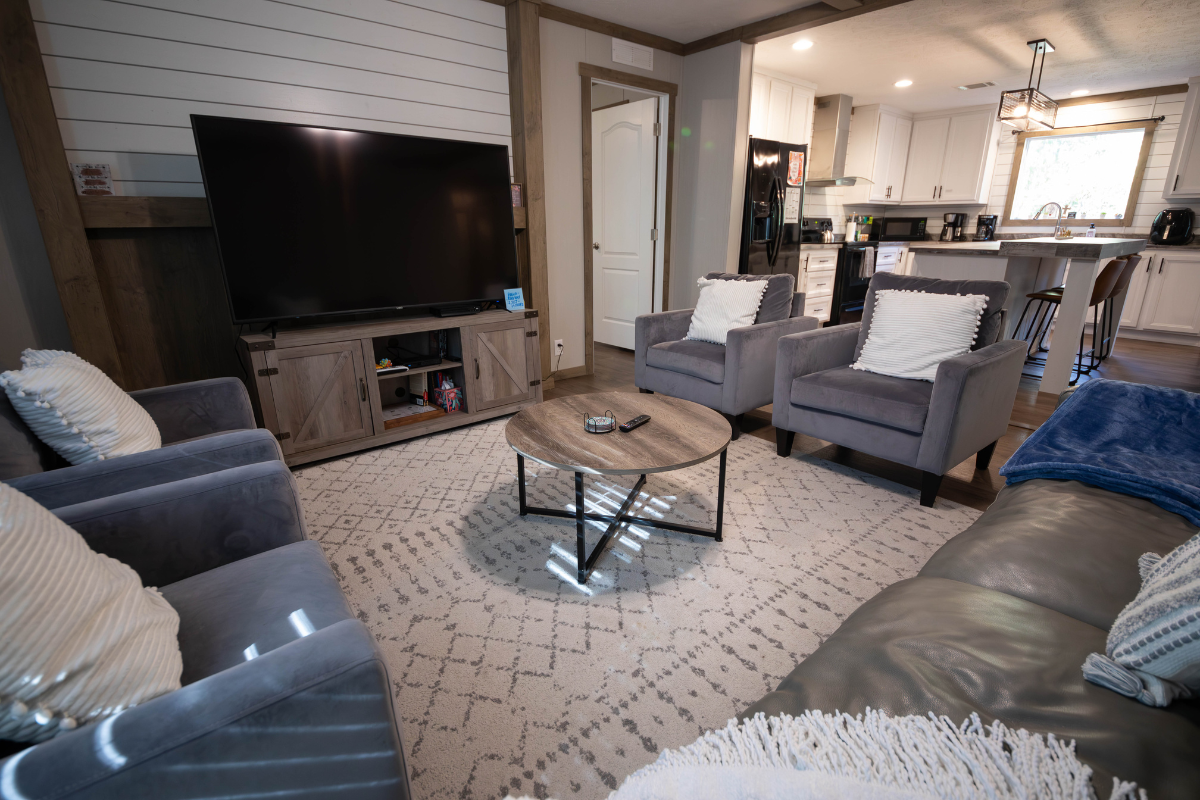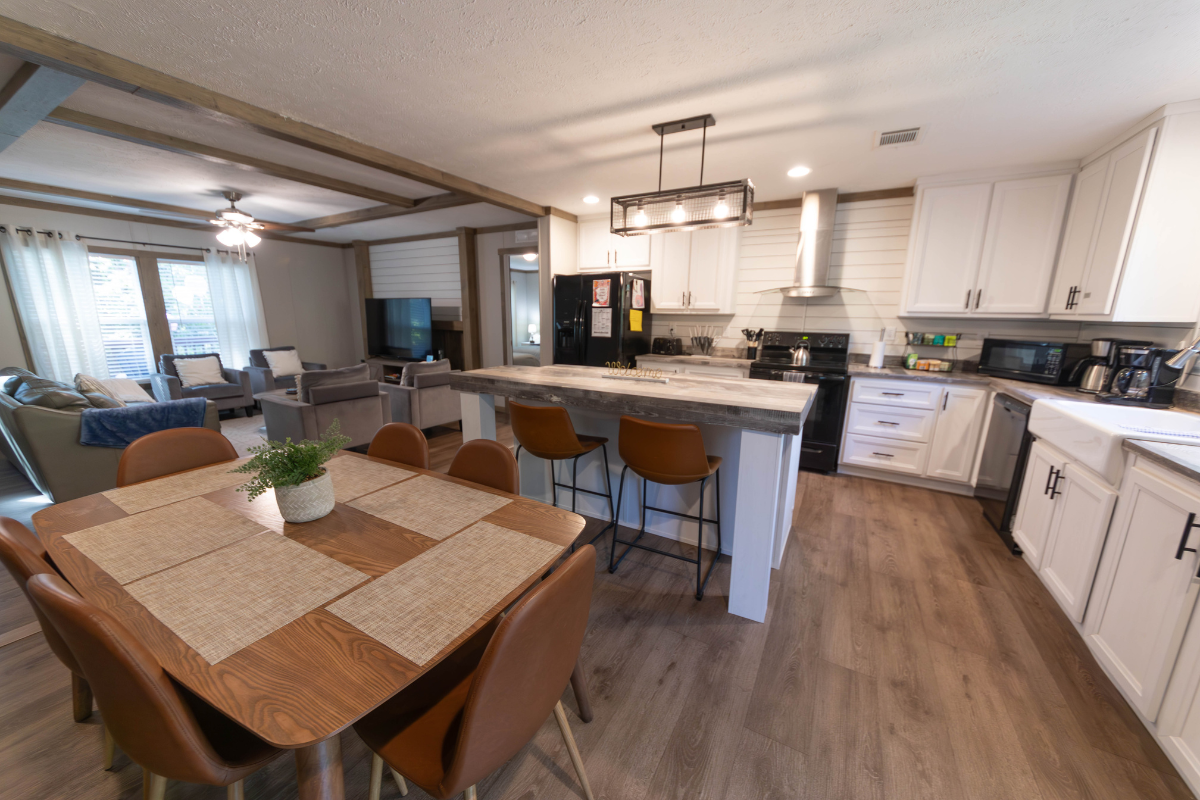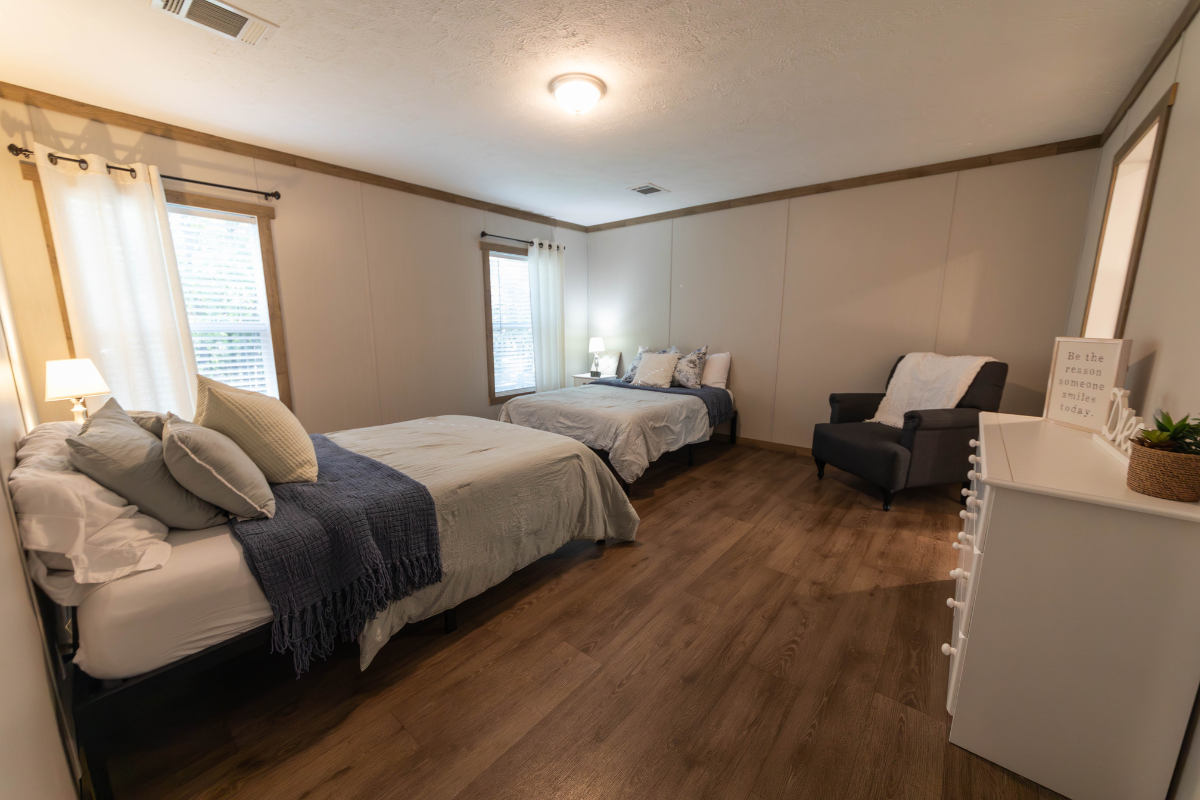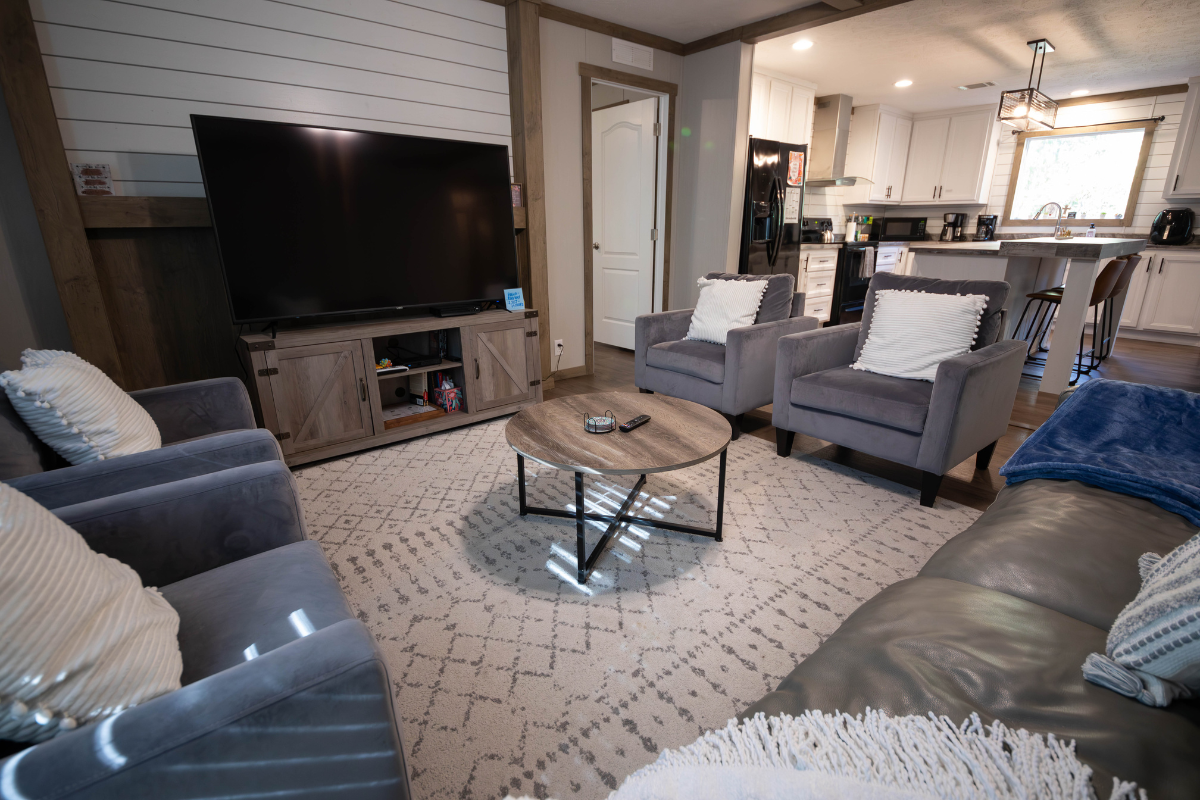Motivational Interviewing
Empowers lasting change through compassion, collaboration, and tapping into each individual’s personal motivation for recovery.
Motivational interviewing at Magnolia Creek
At Magnolia Creek, motivational interviewing guides clients through a collaborative, compassionate process that explores their readiness to change. This evidence-based approach helps individuals identify personal barriers, strengthen their motivation, and develop practical strategies for recovery. By fostering open dialogue and self-reflection, motivational interviewing empowers clients to take ownership of their healing journey, build confidence, and make lasting changes to overcome eating disorders and reclaim their lives.

What is motivational interviewing?
Motivational interviewing is a collaborative, goal-oriented therapeutic approach that helps individuals resolve ambivalence about change. By using open-ended questions, empathy, and reflective listening, clinicians support clients in exploring their motivations, increasing self-efficacy, and making empowered decisions — especially helpful in treating eating disorders and co-occurring mental health conditions.
Motivational interviewing increases treatment engagement by helping clients overcome resistance, making them twice as likely to follow through with behavior change.
How motivational interviewing supports eating disorder recovery
In eating disorder treatment, motivational interviewing empowers clients to find their own reasons for recovery, promoting openness and commitment on their personal journey.
Key components include:
- Exploring personal reasons behind disordered behaviors without judgment
- Building trust and fostering a safe, supportive environment
- Clarifying individual values and internal motivations for change
- Encouraging autonomy and self-directed recovery
- Reducing resistance and ambivalence toward treatment
- Strengthening confidence to take meaningful steps toward lasting healing
By tapping into personal motivation, motivational interviewing fosters genuine commitment and confidence. This approach supports lasting recovery by helping clients build resilience and sustain positive change beyond treatment.

The Magnolia Creek Difference
We provide whole-person, evidence-based care that extends beyond symptom relief. Through culinary integration, co-occurring disorder treatment, and ongoing support, we help clients develop a strong foundation for lasting recovery at every stage of their journey.
Step into healing at your own pace.
Magnolia Creek offers two distinct levels of care — residential treatment and partial hospitalization — with a focus on tailoring each client’s treatment plan to their unique diagnosis and recovery goals.
Verify Your Insurance
Renew your hope at Magnolia Creek.
Contact us today or complete our form to connect with an admissions specialist who will guide you to the right program. Healing is just a call away.
Your privacy is our priority. All communication is completely confidential.





